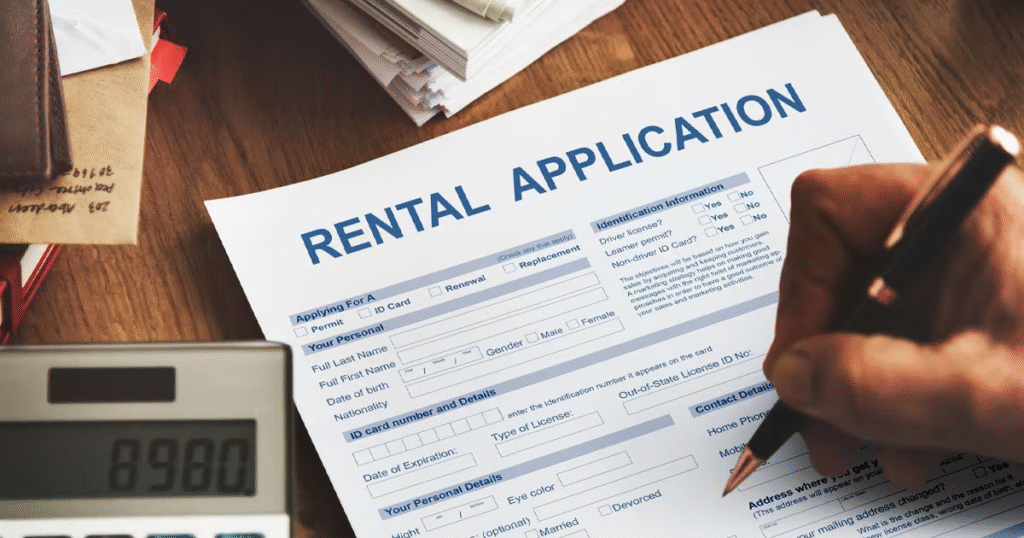Real Estate Management Kenya
Managing property in Kenya—whether a single rental unit or a multi-unit estate—can be time-consuming and complex. Real estate management in Kenya has evolved into a professional service offered by specialized firms that handle everything from tenant sourcing to maintenance, rent collection, and legal compliance.
For landlords, investors, and developers, hiring a property management company ensures higher occupancy, timely payments, and long-term asset value.
What Is Real Estate Management in Kenya?
Real estate management involves the day-to-day oversight of residential, commercial, or mixed-use properties on behalf of owners. Services are provided by licensed agencies, property managers, and PropTech platforms operating in Nairobi, Mombasa, Kisumu, and satellite towns.
- Tenant Acquisition & Screening
- Marketing the property
- Conducting viewings
- Verifying tenant income, ID, and rental history
- Lease Administration
- Drafting and signing tenancy agreements
- Ensuring compliance with the Landlord and Tenant Act
- Handling deposits and move-in/move-out inspections
- Rent Collection & Reporting
- Monthly rent collection via M-Pesa, bank transfer, or online portals
- Regular financial statements for owners
- Follow-up on late payments
- Maintenance & Repairs
- Routine upkeep (plumbing, electrical, painting)
- Emergency response (leaks, break-ins)
- Vendor coordination
- Property Inspections
- Quarterly or bi-annual site visits
- Photo and condition reports sent to owners

Top Property Management Companies in Kenya
| HassConsult Property Management | Residential & commercial | Nairobi, Mombasa, Ruiru |
| Knight Frank Kenya | High-end homes & estates | Karen, Runda, Nyali |
| Zimele Properties | Affordable housing & rentals | Ruaka, Ruiru, Athi River |
| RentNow Kenya | Digital-first, remote management | Nationwide (remote) |
| Nest Living | Furnished apartments & corporate rentals | Westlands, Kilimani, Syokimau |
Many firms now offer mobile apps and dashboards where owners track rent, expenses, and maintenance in real time.
Benefits of Hiring a Property Manager
✅ Save Time & Reduce Stress – No need to chase tenants or handle midnight repair calls
✅ Higher Occupancy Rates – Professionals market aggressively and screen tenants carefully
✅ Legal Protection – Managers ensure leases are compliant and disputes are handled properly
✅ Faster Repairs – Access to trusted contractors and emergency response teams
✅ Remote Ownership – Ideal for diaspora investors who can’t be on-site

How Much Does Property Management Cost?
Management fees typically range from 7% to 12% of monthly rent, depending on:
- Property type (apartment, house, commercial)
- Location and value
- Scope of services (full management vs. rent collection only)
Additional charges may apply for:
- Tenant placement (one-time fee: 50–100% of first month’s rent)
- Maintenance coordination (markup on vendor costs)
- Lease renewal (20–50% of one month’s rent)
Who Needs Property Management?
- Busy Professionals – Living in one city, owning property in another
- Diaspora Investors – Wanting hands-off rental income
- Real Estate Developers – Managing rental portfolios in new estates
- Estate Owners – With multiple units needing coordinated oversight
Trends in 2025
- Digital Management Platforms: Apps for rent tracking, work orders, and owner reporting
- Smart Homes Integration: Managers monitor security cameras, water tanks, and solar systems remotely
- Green Maintenance: Focus on water harvesting, solar repairs, and energy efficiency
- Hybrid Models: Mix of on-site staff and remote oversight for cost efficiency

FAQs
Q: How do I choose a property management company in Kenya?
A: Look for ISK-licensed firms with good reviews, transparent fees, and experience in your area. Ask for references and check their digital tools.
Q: Can I manage my property remotely from abroad?
A: Yes—hire a trusted management company that provides regular updates, digital payments, and virtual inspections.
Q: What happens if a tenant doesn’t pay rent?
A: Reputable managers follow legal procedures: reminder notices, mediation, and, if needed, eviction through the Rent Tribunal.



